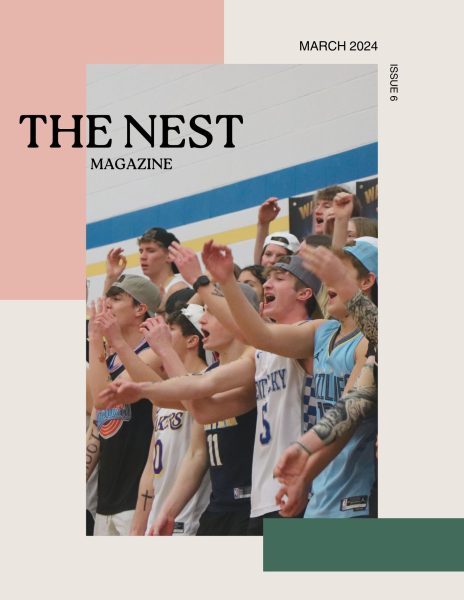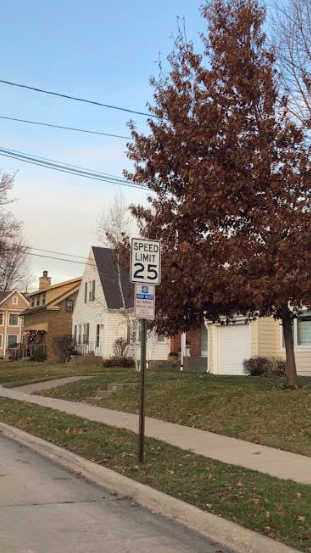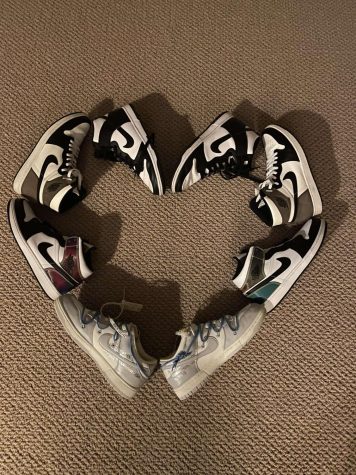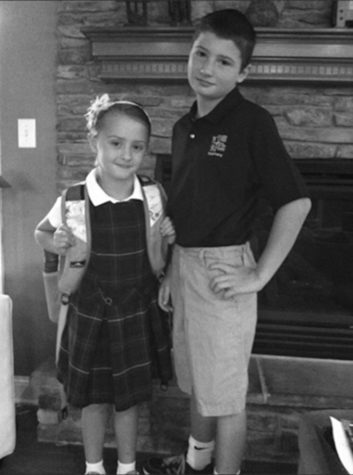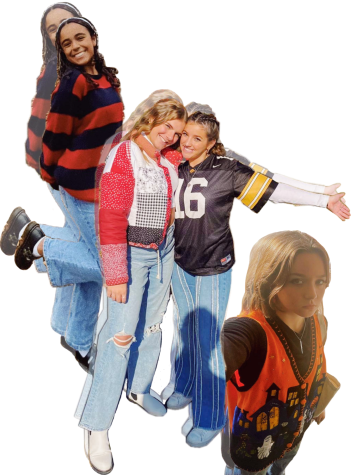Kaepernick: Taking a stand, pointing a finger
On Sept. 13, 1814, Francis Scott Key, an American lawyer, watched from a British warship in the Baltimore Harbor as Fort McHenry was ruthlessly pounded by bullets and explosives during a 25-hour attack in the War of 1812.
The morning after the carnage, the smoke cleared and Key was surprised to see the American flag still flying over Fort McHenry. This sight inspired him to write a poem titled, “the Defence of Fort McHenry,” which over the years became the “Star Spangled Banner,” the United State’s national anthem.
Fast forward 202 years. The country is again plagued with internal issues: police brutality, peaceful protests turned violent and a slew of other social issues that tend to get blamed on the government.
Colin Kaepernick, quarterback for the San Francisco 49ers, chose to take a stand for these issues by… kneeling.
While standing during the National Anthem is a typically meant to show respect for those who serve the country, it is not a requirement of the citizens. In fact, neither is saying the Pledge of Allegiance nor is there a law that prohibits the burning of the American Flag. These rights all stem from the Bill of Rights, which among other things, protects Americans’ freedom of speech.
So, when in August during one of the 49ers’ first preseason games, Kaepernick chose to kneel while the National Anthem was played before kickoff, a cloud of controversy about peaceful protest, right and wrong in relation to respecting the United States and who is really at fault for these social issues.
“I am not going to stand up to show pride in a flag for a country that oppresses black people and people of color. To me, this is bigger than football, and it would be selfish on my part to look the other way. There are bodies in the street, and people getting paid leave and getting away with murder,” Kaepernick said to an NFL Media reporter in an interview after the game.
Luckily for Kaepernick, his team recognized his rights and spoke to the validity of his choice.
In a statement issued by the San Francisco 49ers, the organization stated, “The national anthem is and always will be a special part of the pre-game ceremony. It is an opportunity to honor our country and reflect on the great liberties we are afforded as its citizens. In respecting such American principles as freedom of religion and freedom of expression, we recognize the right of an individual to choose to participate, or not, in our celebration of the national anthem.”
As more games passed and more National Anthems were ignored, Kaepernick’s gesture began to gain support among other athletes. There are stories of other pro players as well as a few high school teams taking a knee in opposition to current racial relations in the country.
Others were outraged that the protesters would show disrespect during a ritual recognition of the armed forces. Some claimed that no matter which side of the argument one stood on, they were protected daily by the brave men and women who had sacrificed their time and risked their lives on the behalf of all citizens.
It has been a few weeks since the media has acknowledged Kaepernick or his movement. However, the issues he stood for have not disappeared. It seems that every day a new story of police brutality surfaces. In turn this sparks another protest, violent or otherwise.
Sad, angry groups point fingers at each other. They question, “Who is to blame?”
But the question is not who; the question should be, “What can I do?”


